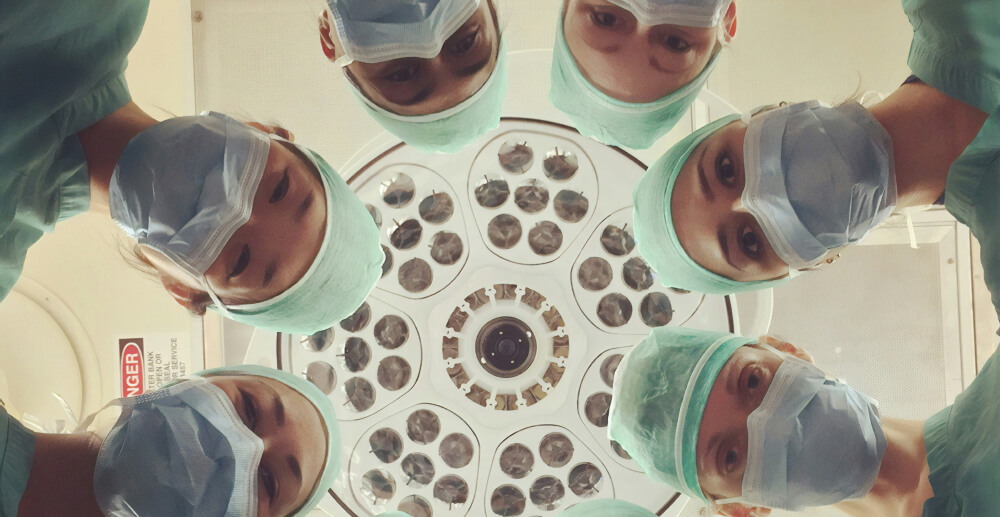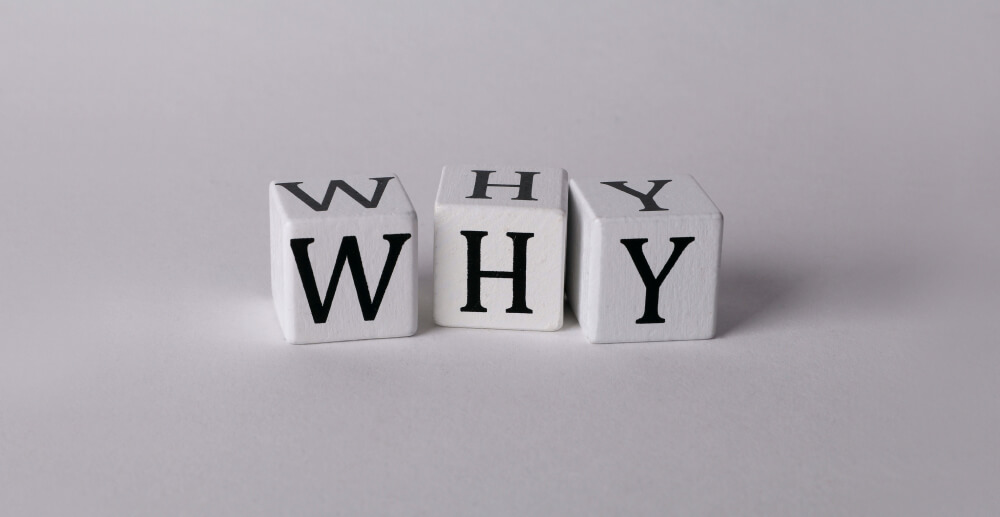Stefanie believed the lie that drinking all the time was normal and that everybody did it. Here’s how she learned otherwise and overcame her fear of socializing sober.
For most people contemplating quitting drinking, a primary concern is how am I going to do the things I used to do sober? It can seem daunting to even sit on the couch and watch Netflix without a glass of wine in hand—let alone go to a party and, God forbid, socialize sober!
Taking a big leap without a drink.
My first big challenge came ten days after I quit drinking. It was a stand-up comedy gig. I wouldn’t have done it, but I’d already agreed to the gig before I quit drinking. I couldn’t remember the last time I went on stage without at least a few drinks in me. I’d never realized that indicated a drinking problem (despite having embarrassed myself on stage quite a few times). I just thought that’s what comics do. I was edgy! Like Lenny Bruce if, instead of getting arrested for tirades against fascism, he had been telling dick jokes at open mic nights.
Sitting backstage that night, I felt nervous, exposed, and pretty sure I was going to suck. But once I was introduced and hit the stage, experience kicked in and it went fine. The worst part had been the anticipation.
Slowly I learned to do normal things without drinking.
That became a theme for me in my first year sober. I’d gotten so used to drinking to avoid any uncomfortable feelings that doing normal things without the crutch of a glass of wine felt awkward and foreign at first. This list included: eating sushi without sake, having sex with my husband, dancing, going to parties, girl’s night out, and especially my first New Year’s Eve.
I would have just stayed home that night and watched the ball drop from the comfort of my couch, but I had the misfortune of being invited to a wedding. Who gets married on New Year’s Eve? I tried mingling among the guests, but it seemed like every single person had a glass of champagne in their hand except for me. Well, me and my sister-in-law, but she was pregnant. I was just boring. I managed to white-knuckle my way through it. And I have to say, I was thankful when I woke up on New Year’s Day to another first: no hangover.
Eventually, not drinking almost started to feel more normal than drinking. Almost.
I still believed that most people drank all the time.
One night I went to hear a band for the first time sober, and I couldn’t help but wonder if it was possible to enjoy a concert without alcohol. I admit I started to pity myself, sitting there with my stupid bottle of water and soft pretzel instead of the customary plastic cup of beer. I felt jealous of the crowd, these people who could drink as much as they want, whenever they want. They didn’t have to deprive themselves.
But as I looked around I noticed a bizarre thing: tons of people had water bottles just like me. It didn’t make sense. I actually started counting, and I was shocked that the number of water drinkers way outnumbered the beer drinkers. Finally I turned to my husband, “Do you think this is some kind of sober show?” I asked him. He looked at me funny. “I don’t think so. Why?” “Well, so many people are only drinking water. I don’t get it. They have to be alcoholics!” “It’s a Monday night. They probably have to work tomorrow.”
Oh. Yeah. That never would have occurred to me. And that’s when it finally hit me: not drinking every night didn’t make me abnormal; it actually made me normal—and healthy. Nowadays, I rarely think about drinking. Seeing people drinking doesn’t make me feel left out. I have no problem going to parties, drinking green tea when I go to sushi, and I even had fun going bowling. But I still prefer to stay home on New Year’s Eve. If that makes me boring, I’m fine with it.




